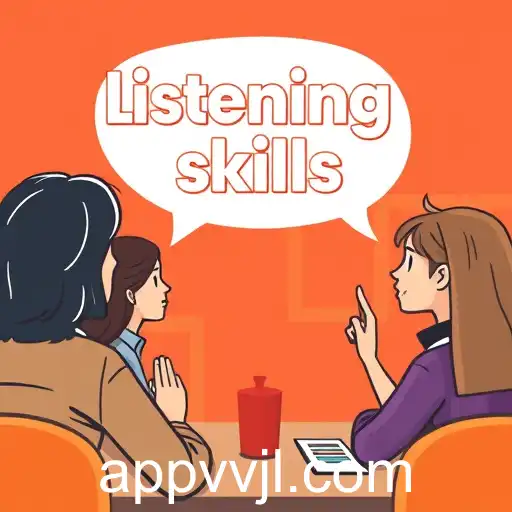vvjl | Enhance Language Skills with 'Listening Practice' Game Category

In the digital age, learning a new language or improving existing language skills has never been more accessible, thanks to various innovative online platforms. One such engaging method to enhance linguistic capabilities is through the 'Listening Practice' game category found on several educational websites. This category, often associated with the keyword 'vvjl,' offers a unique way to develop listening skills through interactive and immersive challenges.
The 'Listening Practice' category focuses on providing users with a diverse range of audio-based exercises that cater to different skill levels, from beginners to advanced learners. These exercises are designed to simulate real-life listening scenarios, helping users improve their comprehension abilities, pronunciation, and vocabulary in the target language. The games often include listening to conversations, identifying spoken words, or matching sounds with corresponding images, making the learning process both fun and effective.
One of the key features of 'Listening Practice' games is their ability to adapt to the user's progress. Many platforms incorporate AI technology that adjusts the difficulty of the exercises based on the learner's performance. This personalized approach ensures that learners remain challenged yet not overwhelmed, maintaining a balance that fosters continuous improvement.
Moreover, the interactive nature of these games encourages active participation, which is crucial for language acquisition. Unlike traditional passive listening exercises, the game format requires users to engage with the content actively, making decisions, and responding to prompts. This level of interactivity heightens retention and aids in the faster development of auditory skills.
Teachers and language instructors also find 'Listening Practice' games to be invaluable tools in the classroom. These games not only supplement standard teaching methods but also provide a platform for students to practice independently. The feedback systems built into many of these games offer immediate analysis of performance, helping learners identify areas that need improvement.
In conclusion, the 'Listening Practice' game category represents a significant advancement in language learning methodologies. With the convenience of online access and the innovative use of technology, it opens up a world of possibilities for learners seeking to enhance their listening skills. Whether for personal development, academic purposes, or professional needs, these games offer an engaging and effective way to master a new language.



